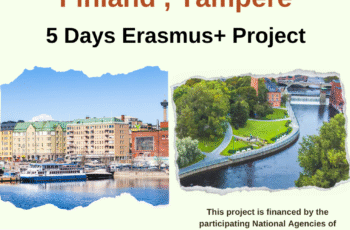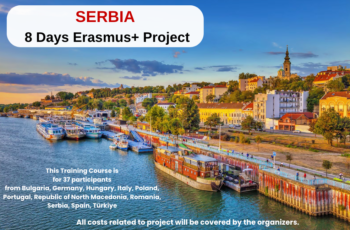Objectives:
Developing facilitation skills within non-formal education settings.
Exploring innovative tools and methods for engaging with youth groups.
Advocating for collaborative and participatory approaches in youth work.
Mastering the art of facilitating both in-person and virtual events effectively.
Assisting in the organization of productive youth gatherings and democratic decision-making processes.
Main Contents:
Introduction to facilitation techniques.
Understanding group dynamics and team synergy.
Exploring roles, leadership dynamics, and power distribution.
Managing emotions effectively.
Enhancing communication skills and fostering intercultural dialogues.
Navigating the realm of online facilitation and virtual discussions.
Methodology and Pedagogical Approach:
This training program operates on three fundamental principles:
Reflection: Participants will engage in sharing experiences, deliberating on concepts, and evaluating their own facilitation methods and team management approaches.
Practical Application: Hands-on practice of facilitation techniques and utilization of various tools.
Application: The insights gained will be applied to real-world scenarios to enhance participants’ professional practice and elevate the quality of their work in youth-focused initiatives.
Grounded in the principles of Non-Formal Learning, the methodology integrates theoretical concepts with experiential learning, exchange of best practices, personal anecdotes, introspection, and self-assessment.
Participants will actively contribute to the training through dynamic and interactive sessions, workshops, collaborative tasks, simulations, and discussions.
By combining residential training with online sessions, this program ensures comprehensive exploration and application of facilitation techniques in both physical and virtual environments, enriching the learning experience.
Join us our telegram group for more opportunities – t.me/erasmusday

